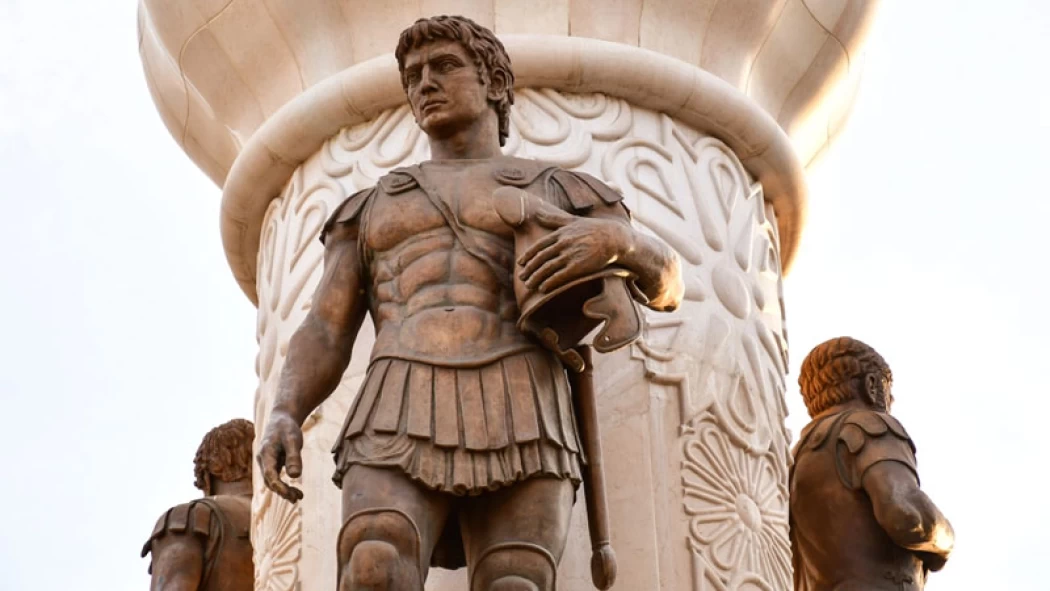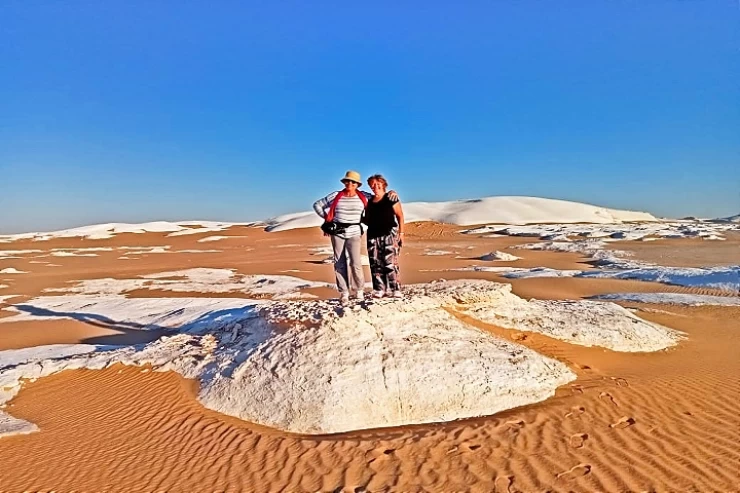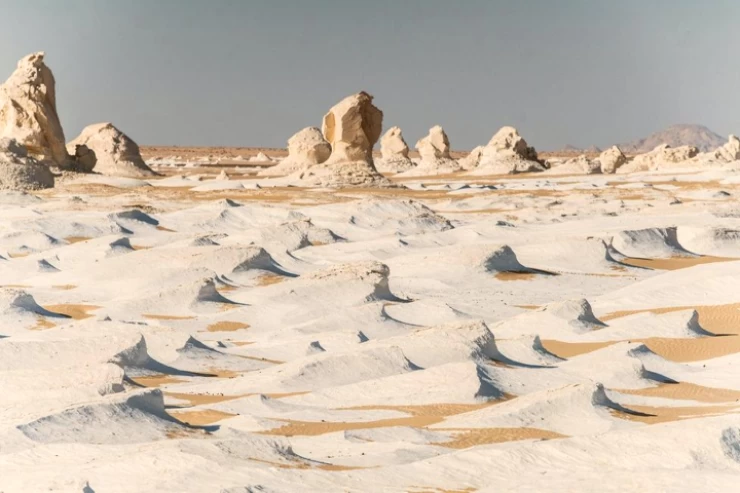
Alexander the Great
The smartest and greatest war leaders
This is certainly not an ordinary historical figure, as this man combined the qualities of intelligence, courage, wit, cunning, wisdom, good management, political and military acumen, as well as nobility, loyalty, magnanimity and acceptance. Not to mention the science, culture and vast knowledge enjoyed by this man, who had a special vision for the world that was completely different from his contemporaries among world leaders; a new world order based on the acceptance and respect of all religions and sects, and then the meeting and fusion of the civilizations and philosophies of all humanity with the Greek civilization and philosophy to which he belonged.
It is worth mentioning that Alexander was the first to come up with the idea of a new world order that unites and integrates the West and the East for a real development of human civilization that is equal for all human beings and accepts all religions, cultures and philosophies. Alexander the Great was born in Macedonia, the capital of the northern Greek province of Macedonia, in 356 BC 356BC, in the late classical period of Hellenistic Greek civilization. Of course, Macedonia was considered a relatively backward province of Greece, compared to neighboring Greek states such as Athens (the center of science, philosophy, arts and democracy) or Sparta (the center of military power and disciplined methodology) in the classical Greek world at the time.
Alexander's campaign against the East began in 334 BC. He crossed the Dardanelles Strait from Europe to Asia Minor with his army, and after fierce battles with the armies of Darius III, the last king of the Achaemenid Persian Empire, he conquered the coastal cities of the Aegean Sea. He was able to conquer the coastal cities on the Aegean coast one after another. Then he conquered the coastal cities on the Mediterranean Sea and took control of the Levant and Palestine, from where he entered Egypt through Gaza.
The Nile Valley countries under the Achaemenid state did not resist, but on the contrary, they received Alexander as a liberator, and the people of Egypt were happy with this change, even the priests of the Temple of Amun in the Siwa Oasis on the border of Egypt and Libya welcomed him and called him the son of the god Amun. Alexander, in turn, accepted the Pharaonic religion and Egyptian philosophy and tried to find commonalities between the Greek and Egyptian civilizations, and he succeeded to a large extent. Alexander the Great did not impose Greek civilization on the peoples he included in his system, but aimed to merge new civilizations with Greek civilization to achieve better philosophical and practical results.
He believed in the principle of complementarity between different civilizations, not differentiation. Alexander's campaign extended into Anatolia, conquering cities until reaching northern Mesopotamia. The final battle, Gaugamela, ended the Achaemenid Empire. Alexander loved Babylon and decided to make it the capital of his state in the East, showcasing its palaces, temples, and scientific institutions. In 323 BC, Alexander the Great began building a harbor on the Arabian Gulf in southern Iraq. However, fate betrayed him when he died at 33 in Babylon, possibly poisoned in a conspiracy.
His New World Order project, which sought to unite the globe and incorporate all faiths, civilizations, and philosophies for harmonious coexistence and progress, came to a stop with his death. The Ptolemaic state in Egypt, the Seleucid state in Mesopotamia, the Antigonid state in Anatolia, and the Greek state were among the states that made up his empire. These states lasted for three centuries before the Roman Empire took control in 31 BC. This period, known as the Hellenistic era, was characterized by flourishing science and commerce, distinctive architecture, and city-building styles.
Supporter and propagator of Hellenistic culture, the King of Macedonia, the Pharaoh of Egypt, the hegemon of the Hellenic League, and the Shah of the Persian Empire. He conquered the Persian Empire—from Asia Minor to Egypt, Pakistan, Afghanistan, and India—in 12 years.
He, like all real men, was called Alexander III of Macedon, and eventually Alexander the Great by others. He was born in 356 BC in Pella, the Macedonian capital, being the son of King Philip II and Queen Olympias. From an early age, he could show great intelligence and ambition. To be educated with exceptional instruction under his own father, he had to read and study for the most part with Aristotle, who taught him in the corridors of philosophy, science, and military strategy. This education would mold Alexander later into a talent that would shape him as one of the greatest military minds of history.
At the age of 20, in 336 BCE, Alexander was made king of Macedon after the assassination of his father. His first acts associated with consolidation were those aimed at putting down rebellions in Greece and at claiming leadership over the Hellenic League. The Greeks under his command had their eye on the Persians and his father's vision-dream—to realize conquest for the Persian Empire.
Alexander the Great died, aged 33, in 323 B.C., after a life of conquest. His bravery and legendary deeds left much inspiration not only to himself but also to politicians and historians who have followed his ambitious journey throughout history.
On the political and military plane, his educator was his father (Philip II, king of Macedonia from 359 B.C. and conqueror of Greece in 338 B.C.). Instead, his intellectual teacher was the Greek philosopher Aristotle, who approached him with the reading of the great Homeric poems and made him passionate about Greek culture by transmitting the idea of the superiority of the Greeks over the barbarian peoples and, in particular, the Persians.
Alexander's accession to the throne was not easy. Philip's death created government problems and awakened the hopes of independence of Greek cities less willing to accept the authority of Macedonia. It also blocked the expedition that the Macedonian king was setting up to invade Asia and defeat the Persians.


















